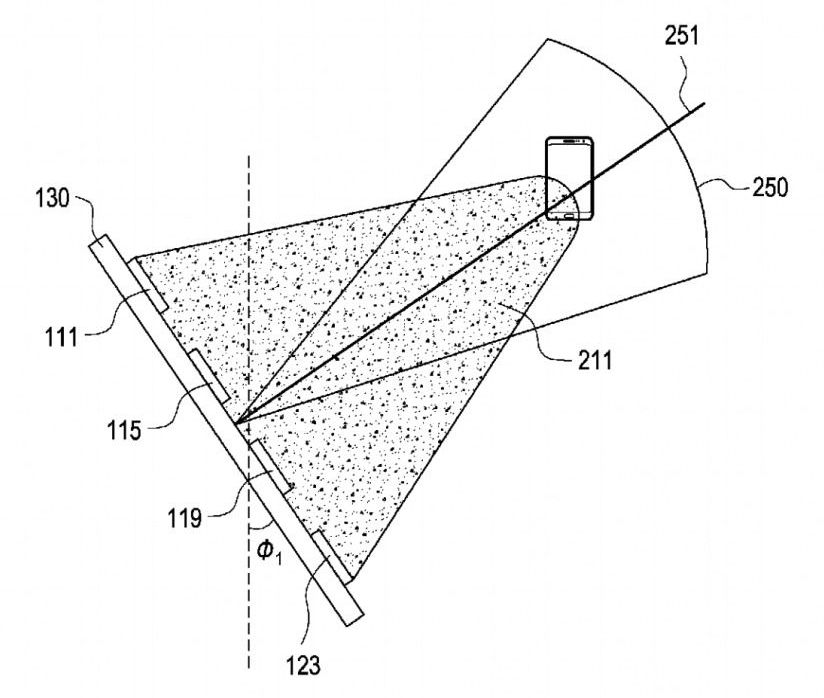Apr 7, 2018
Putting the ‘smart’ in manufacturing
Posted by Bill Kemp in categories: engineering, mobile phones
“Although smartphones and tablets are ubiquitous, many of the companies that make our everyday consumer products still rely on paper trails and manually updated spreadsheets to keep track of their production processes and delivery schedules,” says Leyuan Shi, a professor of industrial and systems engineering at the University of Wisconsin-Madison.
That’s what she hopes to change with a research idea she first published almost two decades ago.
During the past 16 years, Shi has visited more than 400 manufacturing companies in the United States, China, Europe, and Japan to personally observe their production processes. “And I have used that insight to develop tools that can make these processes run much more smoothly,” she says.

















